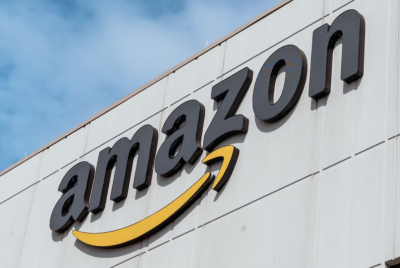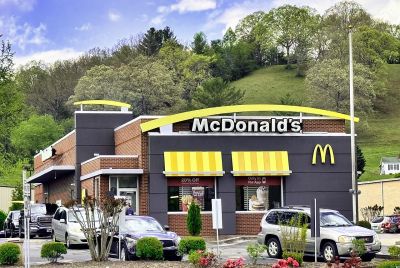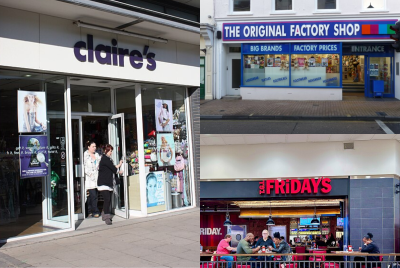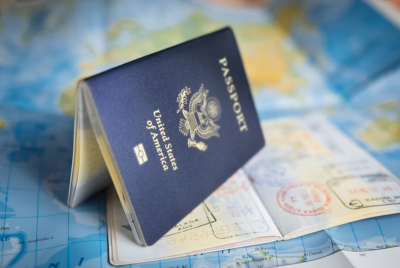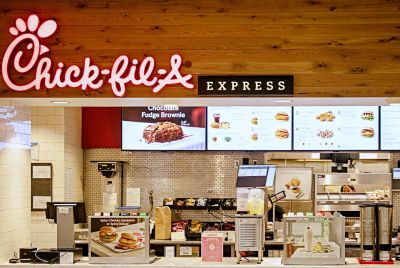Anti-Musk Sentiment Is Strong In Australia As 95% Reject Tesla Land Sale In Adelaide
Residents are worried about the factory's impact on nearby ecosystems

Elon Musk's Tesla has hit a wall in Adelaide, where 95% of nearly 1,000 public submissions opposed selling 2,664 square metres of public land for a new battery factory and showroom.
The Marion City Council's decision on 27 May 2025 to seek state government approval despite this backlash has sparked fierce debate, with residents citing anti-Musk sentiment and environmental concerns.
As Tesla pushes for expansion, why is Adelaide pushing back so hard? This clash reveals deeper tensions over Musk's global influence and local priorities.
Let's explore how this unfolded and what's at stake for Tesla's Australian ambitions.
Resist Musk's Influence with Community Power
The Marion council's vote to proceed with the land sale, despite 95% of submissions opposing it, has inflamed local tempers.
The Guardian reports residents called Tesla's plan a "noisy, ugly, planet-destroying temple to billionaires," with many targeting Musk's controversial political stances, including his £200 million ($269 million) support for Trump's 2024 campaign and alleged inflammatory actions.
X posts from users like @SPBMcKenna echo this, labelling Musk's involvement in U.S. politics a dealbreaker.
One submission, per The Guardian, stated: "I could not think of a worse developer to sell the land to," citing Tesla's plummeting sales.
Despite this, Tesla and South Australian officials highlighted £80 million ($107 million) in economic benefits, though the council censored strong language in submissions to temper the debate.
Protect Local Values Against Corporate Plans
Environmental and cultural concerns are at the heart of Adelaide's resistance. The proposed site, contaminated and not publicly accessible, raised fears of pollution and protests, as noted by The Driven.
Residents also worried about the factory's impact on nearby ecosystems, with 90 percent of about 1,000 public submissions opposing the plan, per Daily Mail. X posts from @CaraMia200 amplify these concerns, linking Musk's brand to "irretrievable" damage due to his political controversies.
Meanwhile, Tesla's sales struggles, down 62% in Europe and 20% in China in Q1 2025, per Reuters, have locals questioning the project's viability.
Community groups argue the land should serve public needs, like green spaces, rather than a corporation facing global backlash.
Demand Accountability from Global Giants
The Adelaide uproar reflects broader distrust of Musk's empire, fueled by his political and environmental track record.
The same Daily Mail report notes Tesla's history of skirting local regulations, which amplifies fears of unchecked corporate power.
On X, users like @MinhKular highlight the council's censorship of submissions, raising transparency concerns. The state government's final decision, expected by 30 June 2025, will test whether economic promises outweigh public opposition.
Tesla's plan could create 200 jobs and boost local manufacturing, but 95% opposition signals a deeper rejection of Musk's brand.
This standoff mirrors global pushback, like protests at Tesla dealerships in Germany, where vehicles faced vandalism over Musk's actions.
Adelaide's Stand: A Warning to Musk's Empire
Adelaide's near-unanimous rejection of Tesla's land sale is a powerful statement against Musk's divisive influence.
The community's fierce resistance, rooted in environmental, ethical, and cultural concerns, shows that economic promises alone can't sway public sentiment. With Tesla's brand battered by Musk's controversies, this battle could stall its Australian growth.
The state government's decision looms large, will it back locals or bow to corporate clout? For now, Adelaide's defiance is a wake-up call for Tesla: ignore community values at your peril.
© Copyright IBTimes 2025. All rights reserved.


